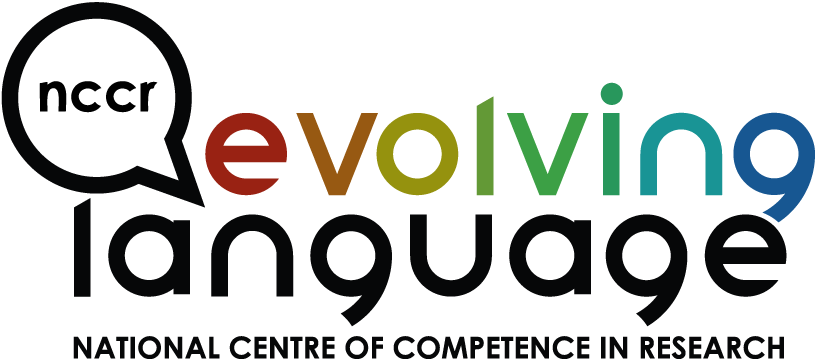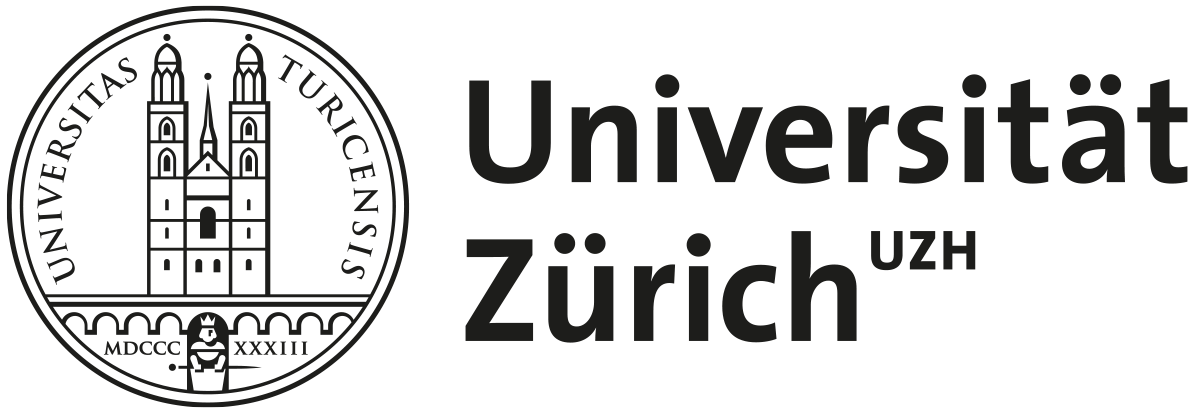Bridging the Gap, 13th - 14th March 2025
Table of contents
Bridging the gap: Unifying approaches to linguistic evolution
Recent years have seen an increase in quantitative and computational approaches to modeling language change. Such approaches include phylogenetic methods for modeling language diversification and reconstructing language histories (Dunn et al. 2011, Bouckaert et al. 2018, Heggarty et al. 2023), as well as other methods focusing on the dynamics of language change in real time within individual speech communities (Fruehwald 2016, Kauhanen 2017, Josserand et al. 2021). These approaches have provided many novel insights into the dynamics of language change and language history, and they continue to be developed and refined in current scholarship.
Methods for studying language change over large periods of time have advanced immensely in the past decade, incorporating (primarily Bayesian) phylogenetic methods borrowed from biology to reconstruct language family trees. Phylogenetic comparative methods have shed light on the dynamics of different linguistic features across language histories. Further work has sought to incorporate horizontal transmission (i.e., loanwords and borrowing) into these evolutionary models (Neureiter et al. 2022).
In tandem with these longer-range approaches, methods for modeling language change via individual-level interactions have also flourished with the addition of new computational methods. Agent-based models can simulate at the level of the language community how variation spreads and how permanent changes come to be by taking into account language learning, language contact, and social dynamics of a community (Hartmann 2023).
This workshop seeks scholars working in the broader field of linguistic evolution to present their research on quantitative and computational approaches to modeling language change using various methods and focusing on different areas of language. We hope through this event to facilitate conversations across subdisciplines.
Please send an email to chundra.cathcart AT uzh.ch for a zoom link if you are interested in attending remotely.
Registration
Please register here for participation by 1 March 2025.
References
Bouckaert, R. R., Bowern, C., & Atkinson, Q. D. 2018. The origin and expansion of Pama–Nyungan languages across Australia. Nature ecology & evolution, 2(4), 741-749.
Dunn, M., Greenhill, S. J., Levinson, S. C., & Gray, R. D. 2011. Evolved structure of language shows lineage-specific trends in word-order universals. Nature, 473(7345), 79-82.
Fruehwald, J. 2016. The early influence of phonology on a phonetic change. Language, 376-410.
Josserand, M., Allassonnière-Tang, M., Pellegrino, F., & Dediu, D. 2021. Interindividual variation refuses to go away: a Bayesian computer model of language change in communicative networks. Frontiers in Psychology, 12, 626118.
Hartmann, F. 2023. Germanic Phylogeny. OUP.
Kauhanen, H. 2017. Neutral change. Journal of Linguistics, 53(2), 327-358.
Heggarty, Paul, et al. 2023. Language trees with sampled ancestors support a hybrid model for the origin of Indo-European languages. Science 381(6656).
Neureiter, N., P. Ranacher, N. Efrat-Kowalsky, G. A. Kaiping, R. Weibel, P. Widmer, and R. R. Bouckaert 2022. Detecting contact in language trees: a Bayesian phylogenetic model with horizontal transfer. Humanities and Social Sciences Communications 9(1), 1–14.
Invited Speakers
Dan Dediu (University of Barcelona)
Henri Kauhanen (University of Konstanz)
Call for Abstracts
Abstracts should be no longer than two pages long, including figures and references. Please submit abstracts as an email attachment (PDF) and send to chundra.cathcart AT uzh.ch with the subject “Abstract submission for Bridging the Gap workshop” no later than 23:59 AOE on 17 December 2024.
Travel Grants
There is some funding available for Early Career Researchers to reimburse travel and accommodation costs. If you are an ECR and interested in being considered for this funding, please indicate this in the body of your submission email.
Venue
The event will be held on-site at the Kleine Aula in the RAA building of the University of Zurich (Rämistrasse 59, 8001 Zurich), in room RAA-G-01 (view on Google Maps).
Accommodation
There is no dedicated conference hotel, as the event will take place at the University of Zurich’s city-center campus in the building RAA (Rämistrasse 59).
The venue is easy to reach by public transport. We recommend to choose accommodation that allows you to access the RAA building from one of the nearby tram/bus stops Kantonsschule (lines 5 and 9), ETH/Universitätsspital (lines 6, 9, 10) or Kunsthaus (lines 3, 5, 8, 9, 31, 33). These tram stops also link to Zurich main station (Zürich HB) or Stadelhofen station.


